Top Benefits of Outsourcing Hospitality Support During Peak Season

For businesses in the hospitality sector, customer service is the foundation of building strong guest relationships and maintaining a positive brand image. But during peak seasons, when inquiries about bookings, room availability, and payment confirmations surge, keeping up with demand becomes increasingly challenging. Managing this volume internally usually only strains resources and decreases the quality of service, as well as customer satisfaction.
Unsurprisingly, many hospitality companies turn to outsourcing as a strategic solution. And our following article will explore exactly why outsourcing customer support is an effective way to cope with peak season pressures and the key benefits it offers hospitality businesses.
The Challenges of Running a Hospitality Business During Peak Seasons
Peak seasons, typically spanning the entire summer and the end-of-year holidays, can sometimes double or even triple the number of direct customer interactions. Think rebooking cases and last-minute cancellations, which create even more strain on hospitality support services, as every agent is worth their weight in gold.
So, what happens when demand far outweighs the available resources? The result is a cascade of challenges that hit both the customer support system and broader business operations. Let’s take a closer look at the biggest ones.
Workforce Management
When allocating resources, it’s important to strike a balance and not to overstaff or understaff your teams. Overstaffing wastes money, while understaffing risks poor service, with frustrated guests and overwhelmed teammates. This is especially important in customer service, where agents are on the front lines of guest interaction.
On top of that, maintaining service quality is a challenge in itself. Team leads and quality control specialists can only oversee so many agents and interactions effectively, making supervision and performance monitoring harder as volumes surge. Not to mention the difficulties of assigning shifts, especially if you want your support team to cover requests 24/7.
Hiring Difficulties
When customer demand spikes, the obvious first instinct is to hire more people. But easier said than done. If that’s your plan, get ready, because scaling your team during peak season requires more than just good intentions. You’ll need a dedicated recruiting team, streamlined onboarding processes, and a clear idea of who you're actually looking for:
- Do you need outstaffed reps?
- Full-time in-house agents?
- Multilingual support?
- Or night-shift specialists to cover the late hours?
And even with all of that in place, finding skilled hospitality support agents takes time, a luxury many businesses don’t have when guests are already flooding the lines with urgent requests. Thus, managing the hiring process while also running a hotel, hot and heavy with guest requests, becomes truly an unimaginable task. And that’s exactly where outsourcing starts to look like a much smarter, faster solution.
Gaps in Training
Now, hiring is just part of the issue. Another big chunk of time and effort goes into the training. During peak seasons, onboarding and preparing new employees just has to be quick and seamless.
When we are talking about training representatives of customer service for hospitality industry, we mean that agents need to quickly learn the interaction scripts for a specific communication channel, figure out ticket routing and classification, get accustomed to the CRM system, and learn how address a variety of guest issue (and do it in the brand’s tone of voice as well). Insufficient training in these areas will therefore bring even more issues, like an even larger ticket backlog, longer case resolutions, and dissatisfied customers.
Deliverability Issues: Long Wait Times, Missed Tickets & Frustrated Guests
All the challenges mentioned above can quickly snowball into serious customer service issues in hospitality industry. An understaffed support team increases the chances of missing guest inquiries altogether, while undertrained agents are more prone to delays, miscommunication, and costly errors. Add it all up, and you’ve got long wait times, unresolved tickets, and frustrated guests, all of which lead to lost revenue. Worse yet, in an industry where word-of-mouth and online reviews carry serious weight, even a few bad experiences can discredit your reputation and drive future guests away.
Lower Cost Efficiency
During seasonal spikes, many businesses resort to temporary hiring or paying existing staff overtime. However, such a quick fix often comes with a price (both literally and figuratively). With heavier workloads and tighter timelines, employee compensation tends to rise. On top of that, operational costs increase across the board, as multiple departments are pushed to work beyond their normal capacity. As such, what seems like a necessary response to demand quickly becomes an expensive, unsustainable strategy, especially if those extra resources are only needed for a short window of time.
Staff Fatigue
High volume of inquiries, intense workload, long working hours, and apparent inability to handle required tasks already create a strain on agents’ mental state. With the ticket backlog increasing, everybody, from support representatives to team leads, will most probably experience stress and fatigue. With time, this can cause major team burnout, and, therefore, lower productivity and higher employee turnover.
{{cta}}
How to Improve Customer Satisfaction in the Hospitality Industry During the Hottest Seasons?
The answer is simple – create a customer support system ready to handle the increase in ticket volume. How to do so?
First and foremost, every company should know its trends. Consider analyzing the previous seasonal spikes: what are the most common requests, and how does the ticket volume generally increase?
Then, think about the support channels that have shown to be the most popular among your guests. Are they communicating through phone calls? Or maybe it’s your online chat that they use the most. Generally, it’s best if your business offers omnichannel assistance.
After that, you will have an understanding of how many more agents you will need to hire to cover the spikes. The collected information will also help you create clearer and comprehensive training materials for your future reps.
On the other hand, if this strategy feels like too much effort, there’s an easier way out – hire a hospitality customer support outsourcing provider. And to pick a partner that will be a good fit, cross-check their offer with our brief customer support provider checklist.
The Major Benefits of Outsourcing Your Hospitality Support Services
Customer support outsourcing has gained significant traction in recent years, and for good reason. While it may not be the perfect fit for every business, it offers clear advantages for those in the hospitality sector. In an industry where guest experience is everything and demand notably fluctuates, outsourcing becomes a particularly smart strategy for managing seasonal spikes, and below we will explain why.
Flexibility & Scalability
One of the most immediate and impactful benefits of outsourcing customer care in the hospitality industry is the flexibility it provides. With outsourcing, you’re not locked into rigid contracts or long-term hiring commitments. You can choose exactly the services you need, when you need them. For instance, if you require call center agents specifically for handling booking inquiries or cancellations, you can hire a team tailored for that role.
This flexibility naturally leads to effortless scalability. Instead of racing to recruit, onboard, and train new staff during peak periods, you can simply request your outsourcing provider to supply the number of agents needed for a specific timeframe. No complicated integrations, no infrastructure headaches – just quick and efficient support exactly when your business needs it. Whether you're scaling up for a busy holiday rush or dialing back during the off-season.
Cost Efficiency
Following this, businesses get the freedom to only pay for the services they need and not go overhead with their budgets. Instead of investing heavily in hiring, training, and onboarding new agents for short-term spikes, you can rely on an experienced outsourcing provider that already has these processes built into its service. This not only saves time and money but also removes the burden of ongoing staff management.
What’s more, outsourcing eliminates the need to maintain a large, full-time customer service team year-round. During slower seasons, you can easily scale back without the complications of downsizing. It’s a much leaner way to manage support operations without sacrificing the quality your guests expect.
24/7 Omnichannel Support
Other than major operational benefits, with an outsourced customer service in hospitality industry, you get a couple of extra perks. For instance, you can request a dedicated team that operates 24/7, ensuring even those late-night calls and last-minute booking questions never go unanswered. Need to add another communication channel, like live chat, messaging apps, or social media? No problem. Outsourced providers can quickly integrate and manage these channels, giving your guests the freedom to reach out however they feel most comfortable.
Multilingual Assistance
Studies show that 70% of guests are more likely to remain loyal to businesses that offer support in their native language. As in the hospitality sector, personalized service is key; this can make a significant difference in guest satisfaction. With the flexibility of outsourced support teams, your business can gain access to a global talent pool and easily provide multilingual assistance.
Personalized Support
Some customers may need more than just to book a hotel room. There are people who may be interested in learning more about local restaurants, city tours, car rentals, and other details. It can be one of the responsibilities of outsourced staff to provide such recommendations, while your in-house team deals with more urgent and complex issues.
Outsourced Customer Service in Hospitality – Your Key To Higher CSAT and More Loyal Guests
Handling customer support during the hottest seasons in the hospitality industry is not an easy task. But who said that you have to deal with it on your own? With the right customer service outsourcing partner, you can offload the stress and let experts handle the surge in guest inquiries and last-minute changes that come with peak periods.
At EverHelp, we regularly support businesses through seasonal spikes by hiring and training shared support teams that offer seamless scalability. Whether your business is looking for multilingual agents, 24/7 coverage, or flexible support on short notice, our experts have you covered.
Ready to explore how outsourcing can elevate your guest experience and keep your operations efficient? Book a call with us today. Let’s make your next peak season the smoothest one yet.









.png)


.webp)


.png)
.png)
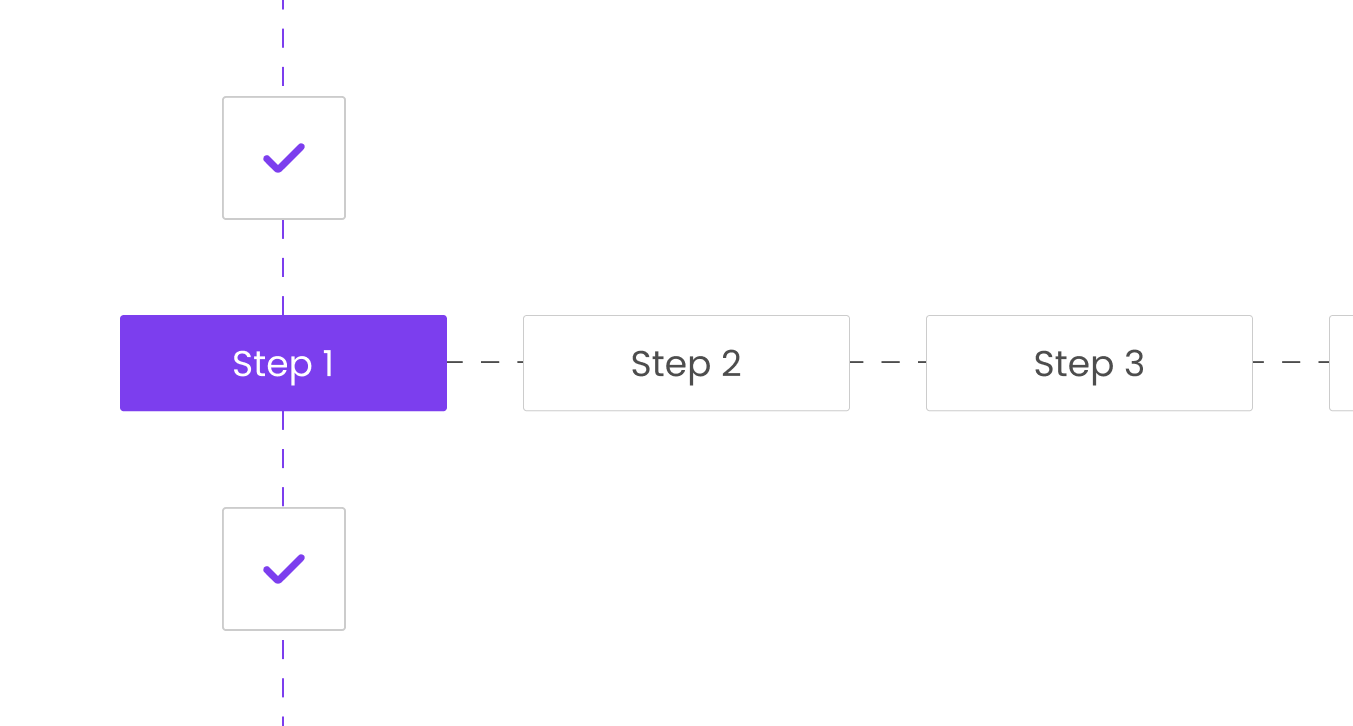
.webp)
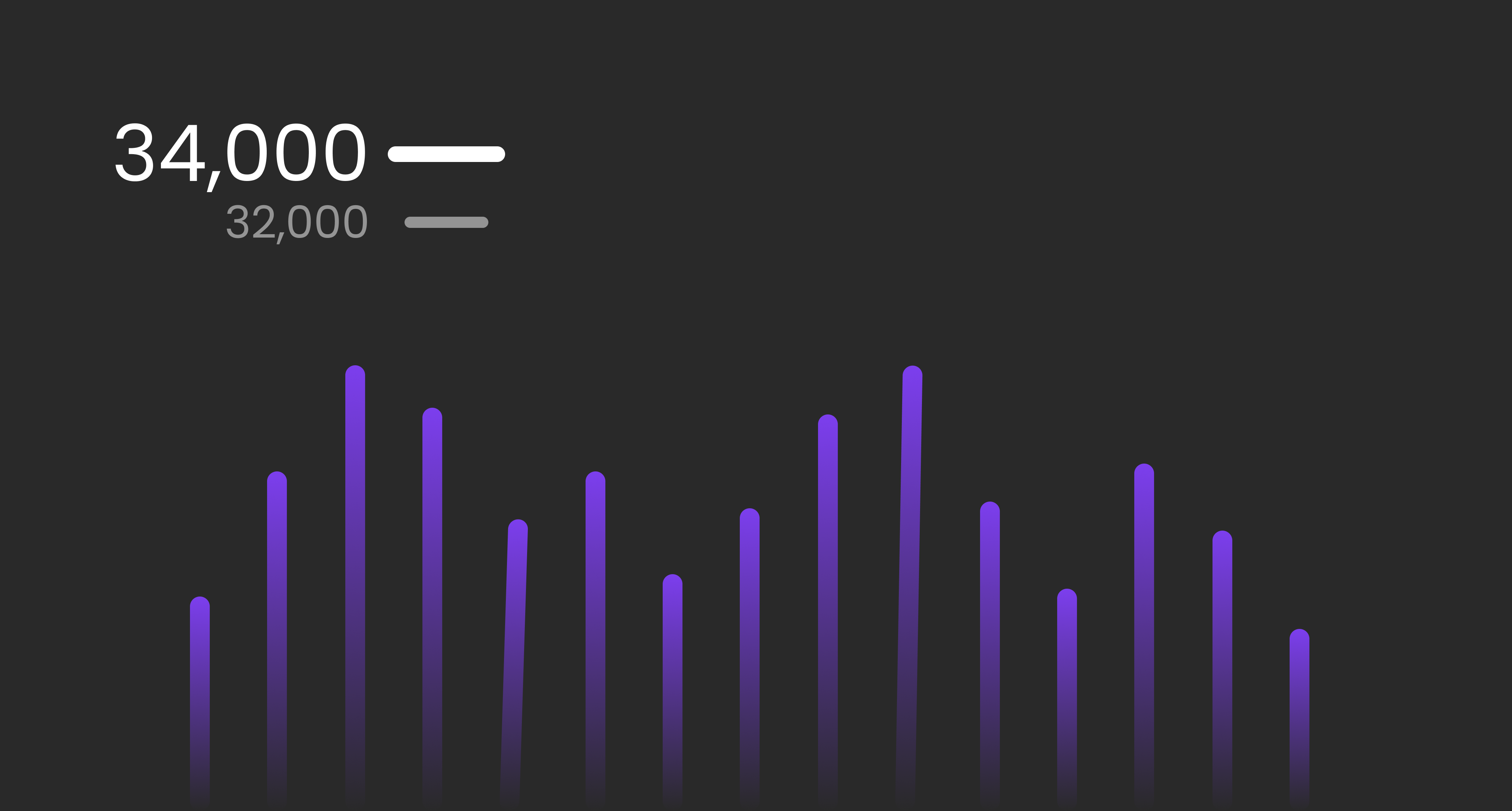

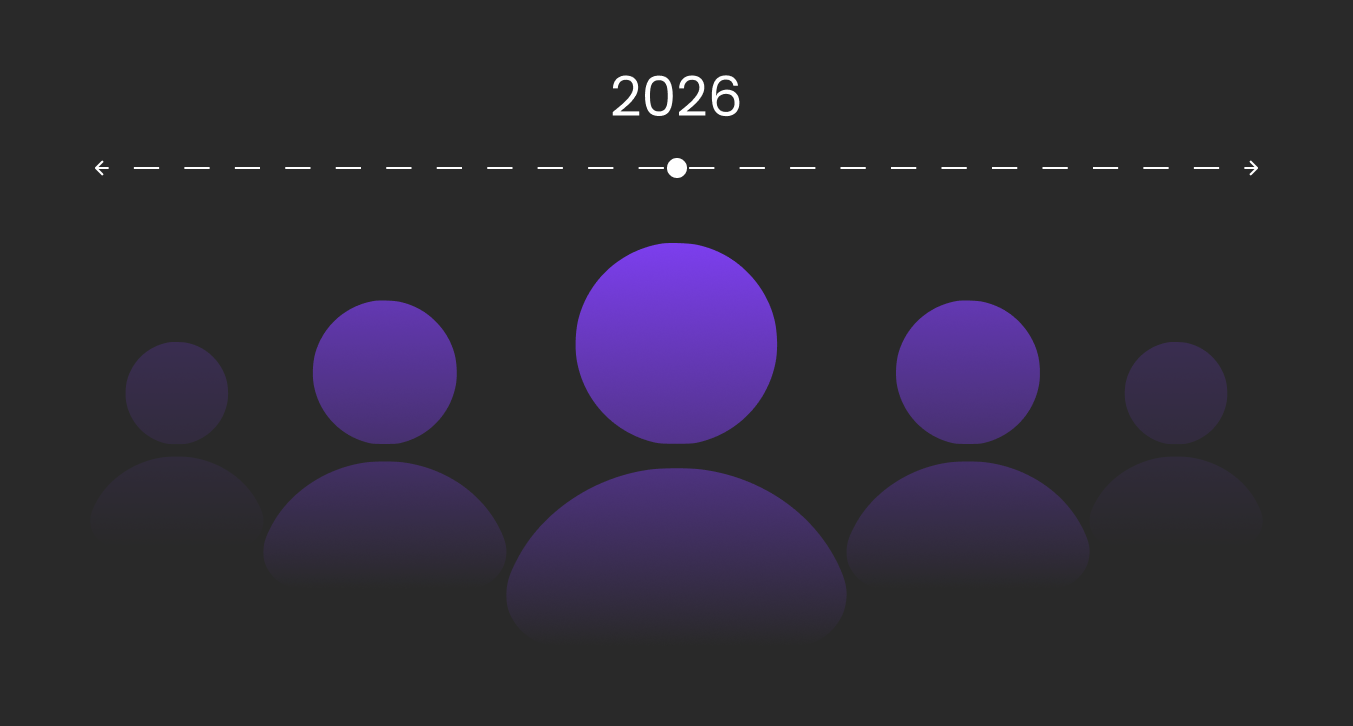

.png)

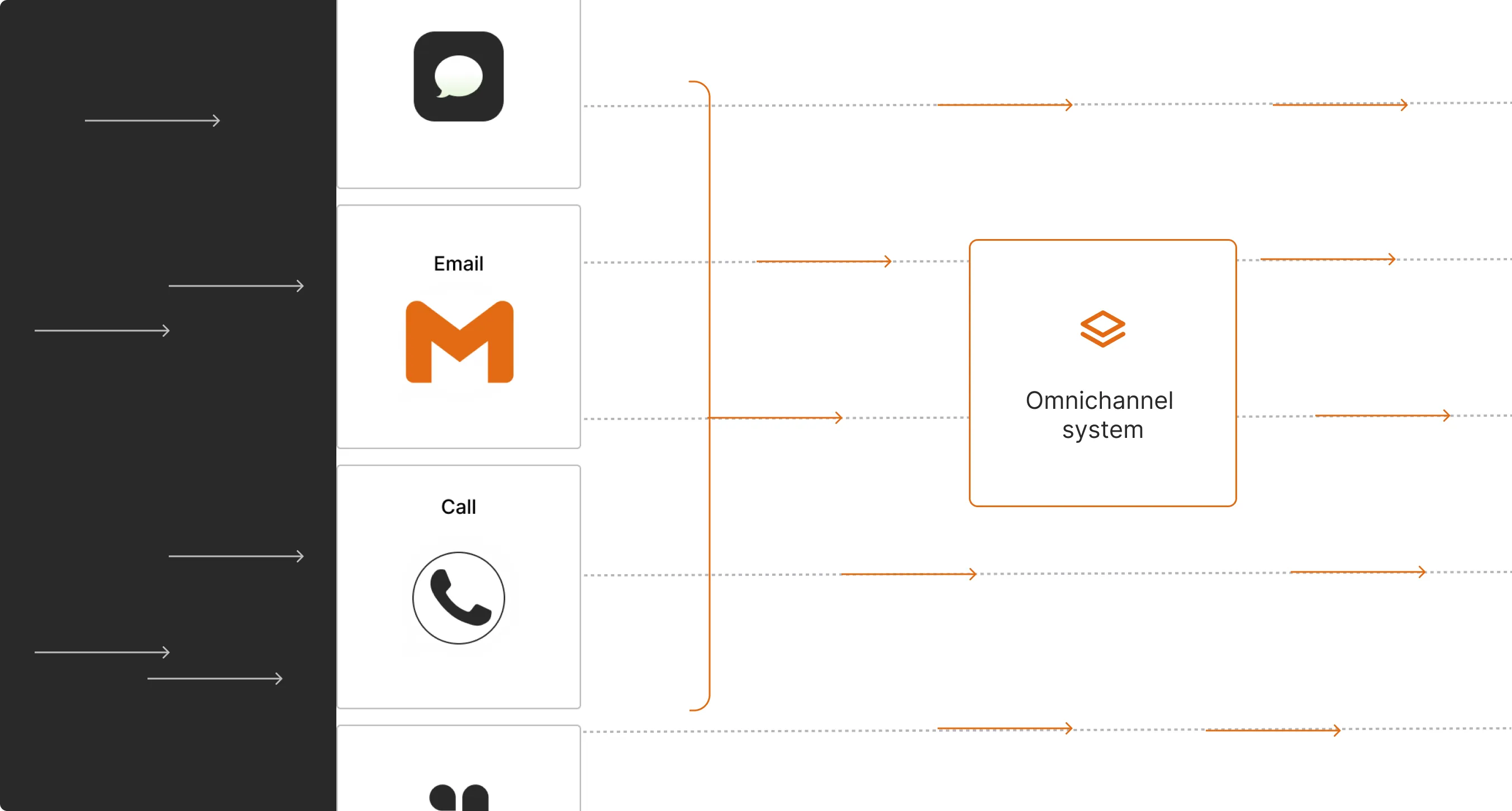




.png)




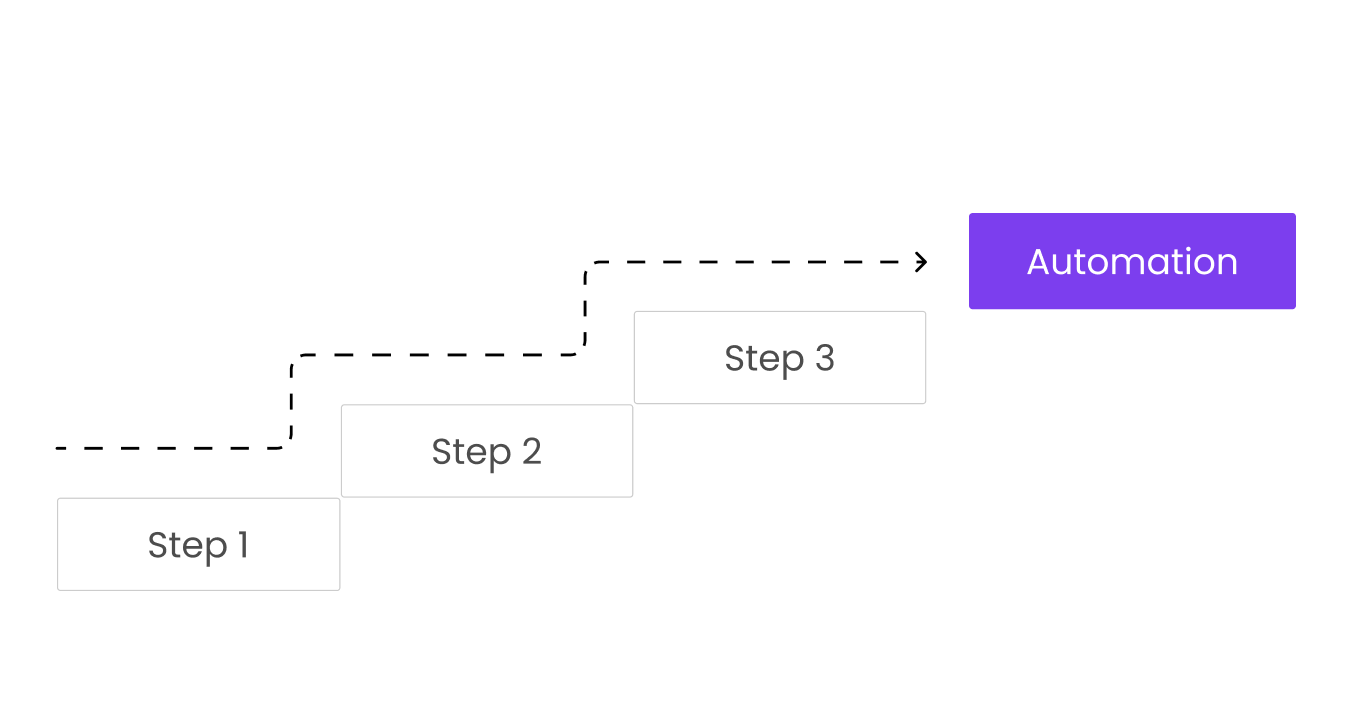
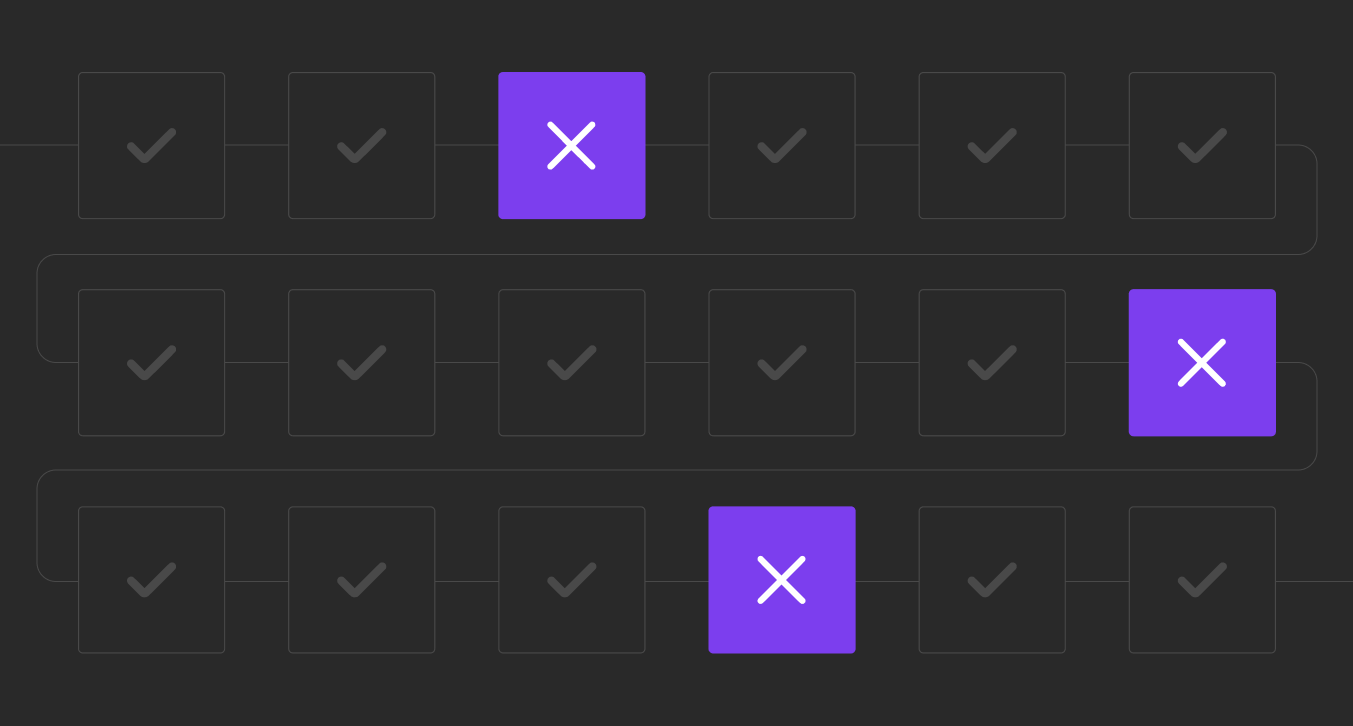

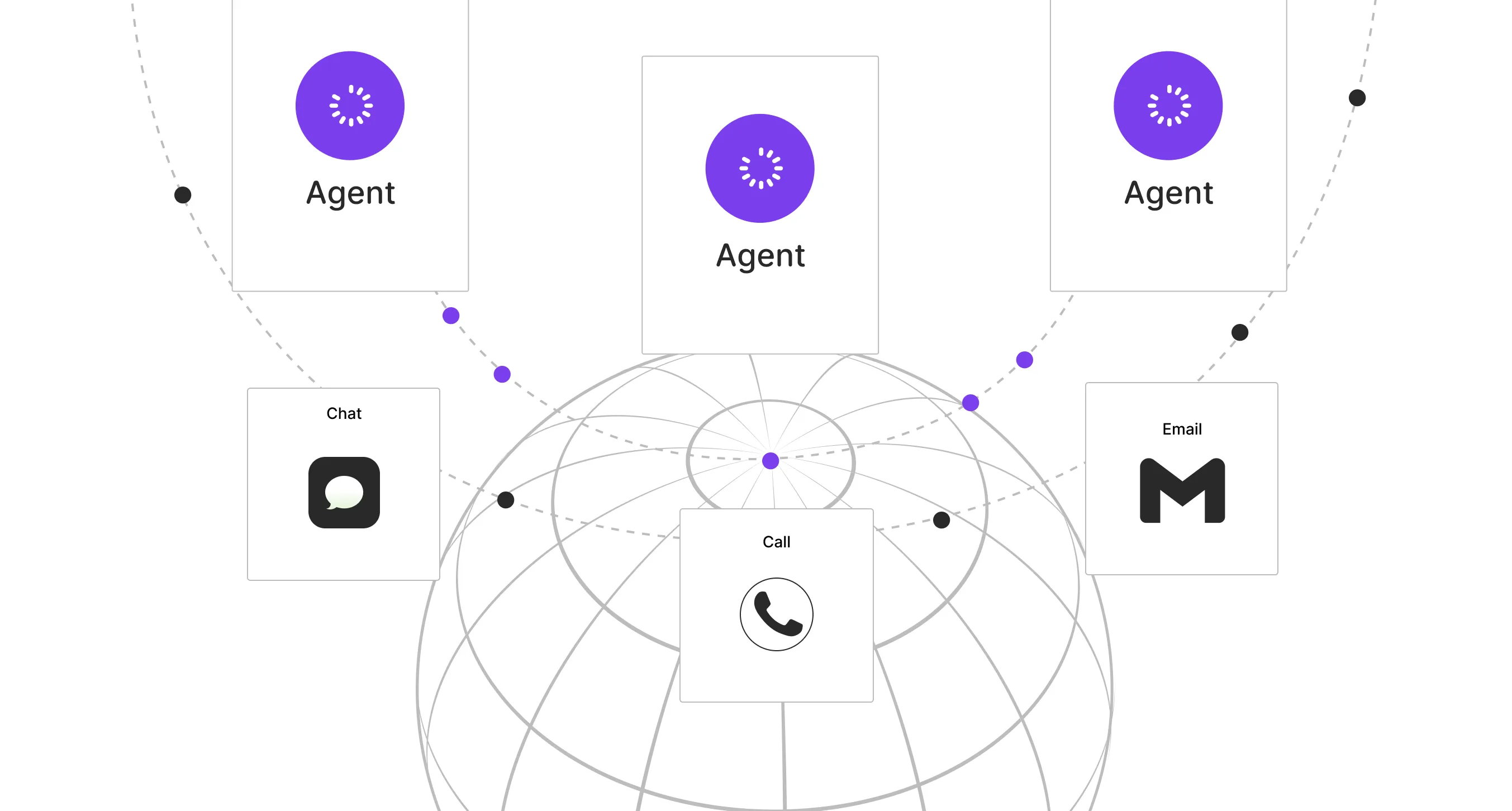
.png)


_%20Strategies%2C%20Tools%20%26%20A%20Client%20Success%20Story%20(3).png)
.png)
.png)

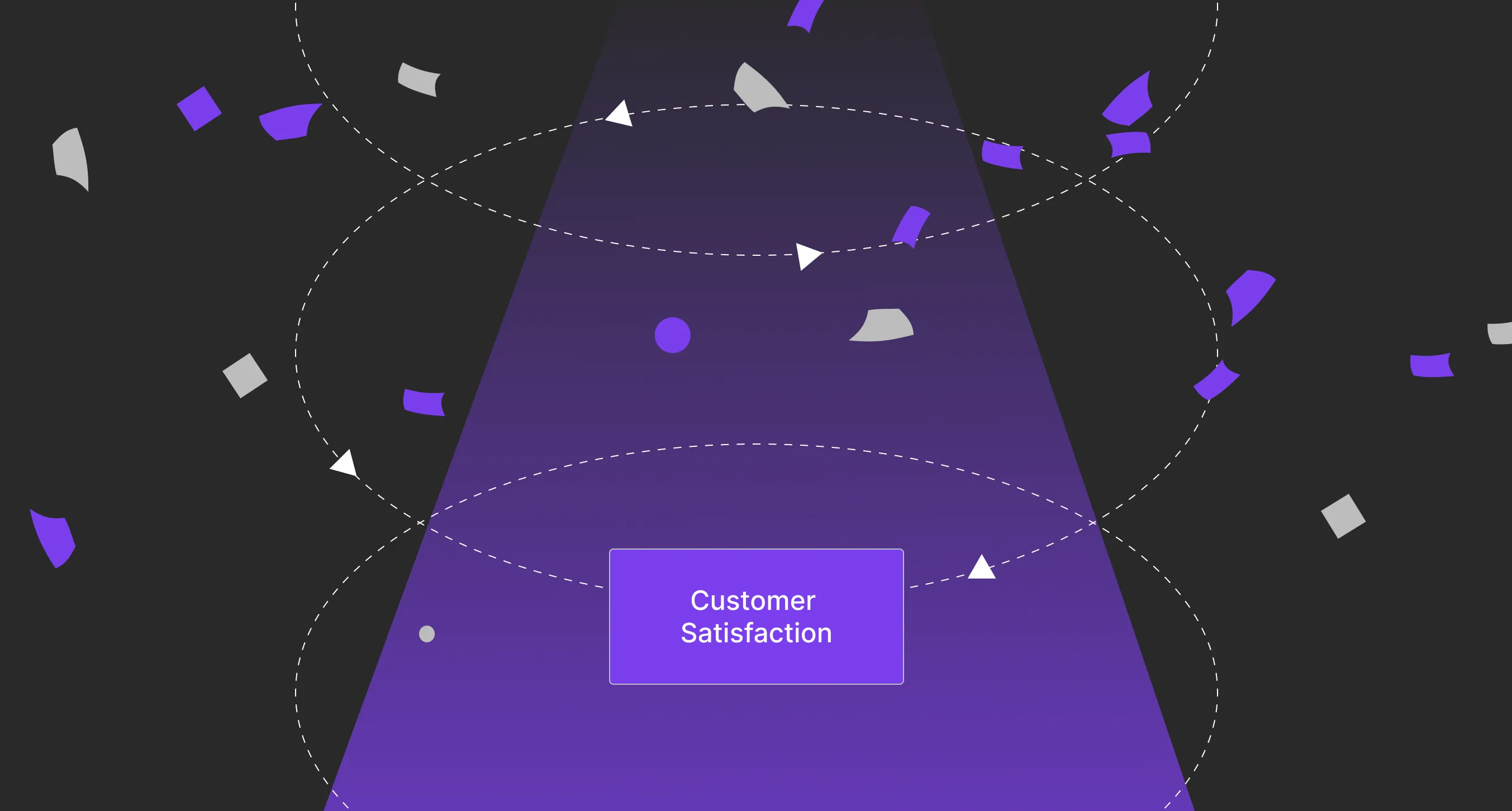
.webp)
.webp)
.webp)
-min%20(1).webp)

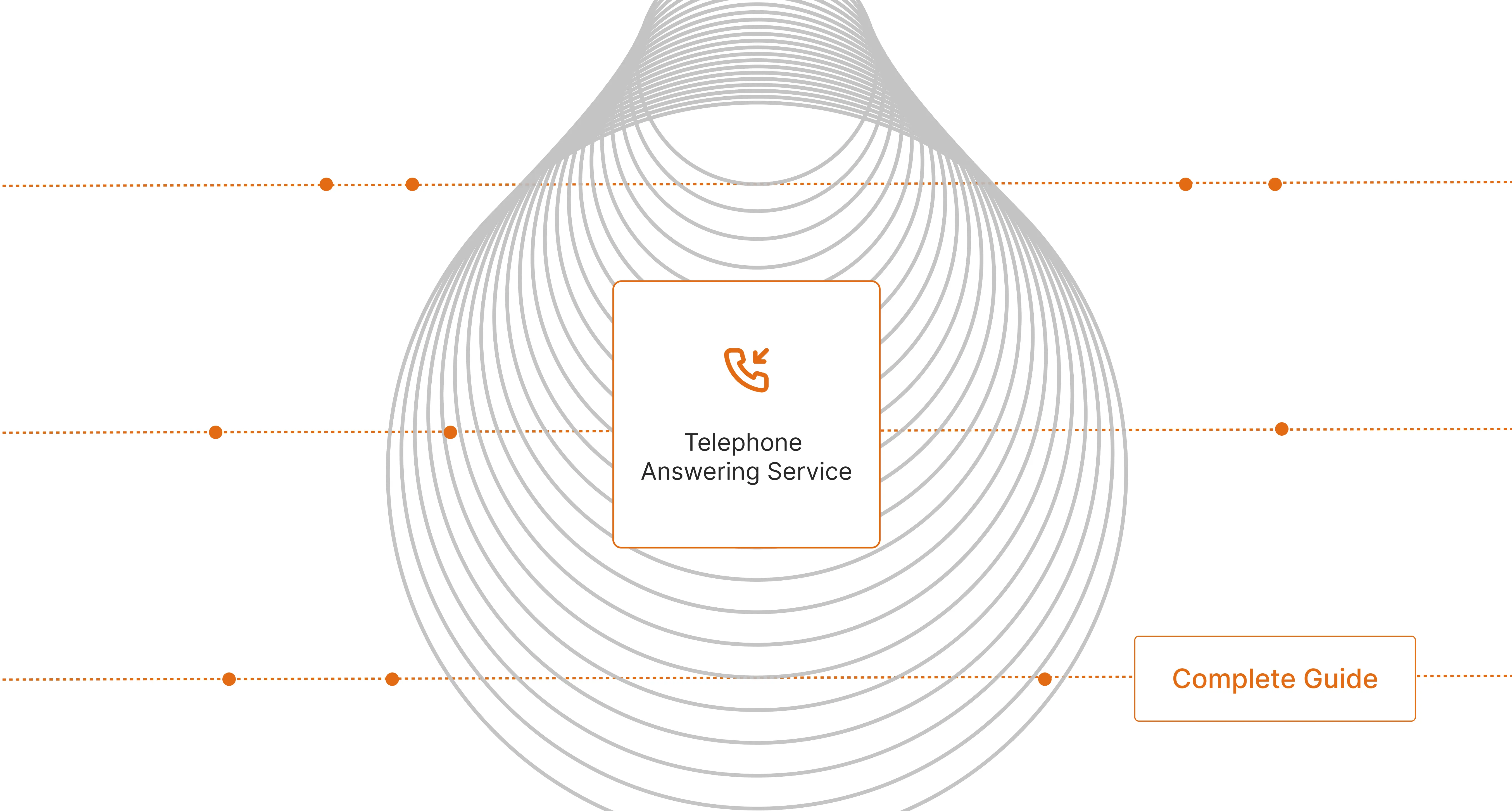


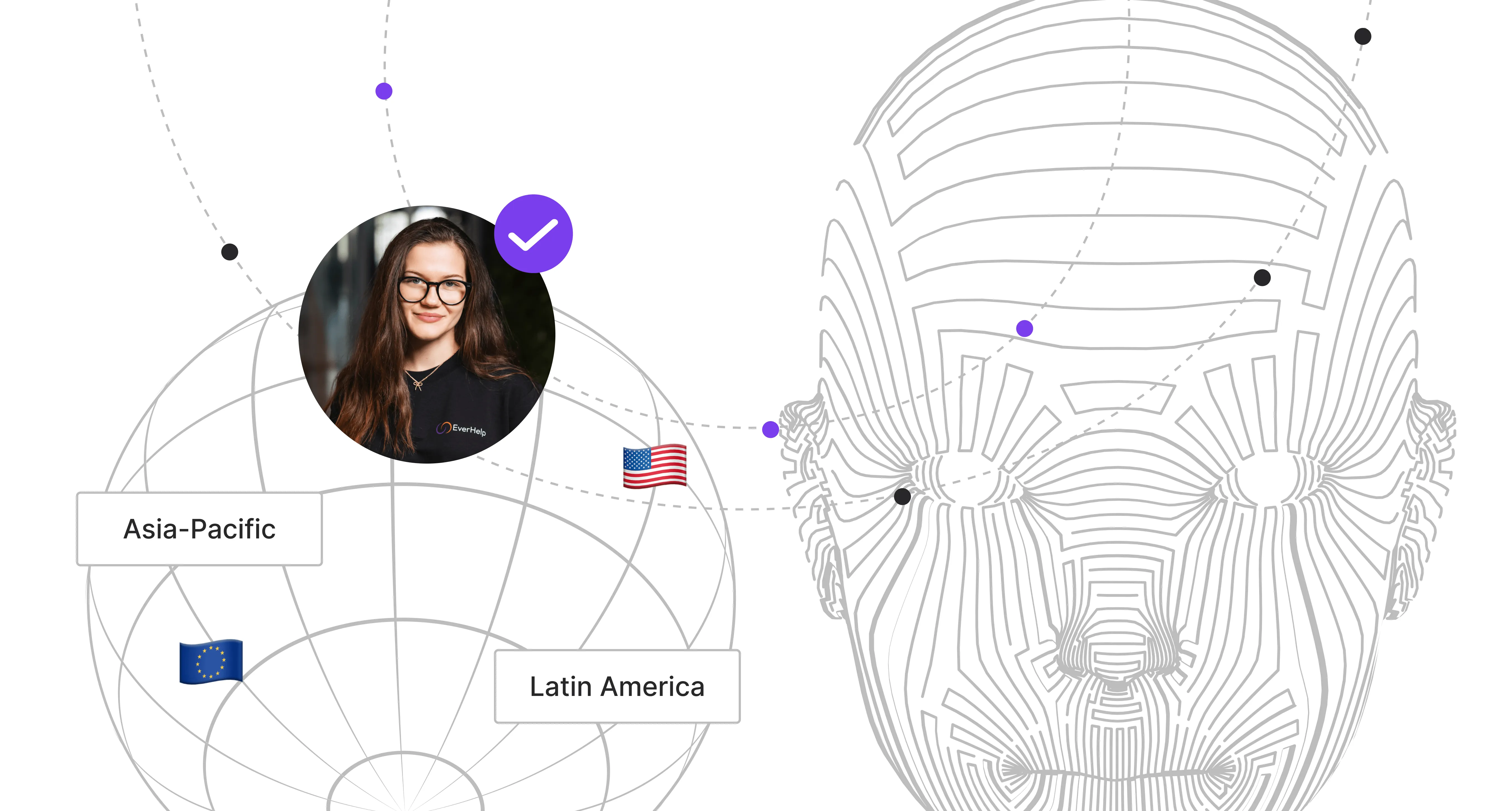
.webp)
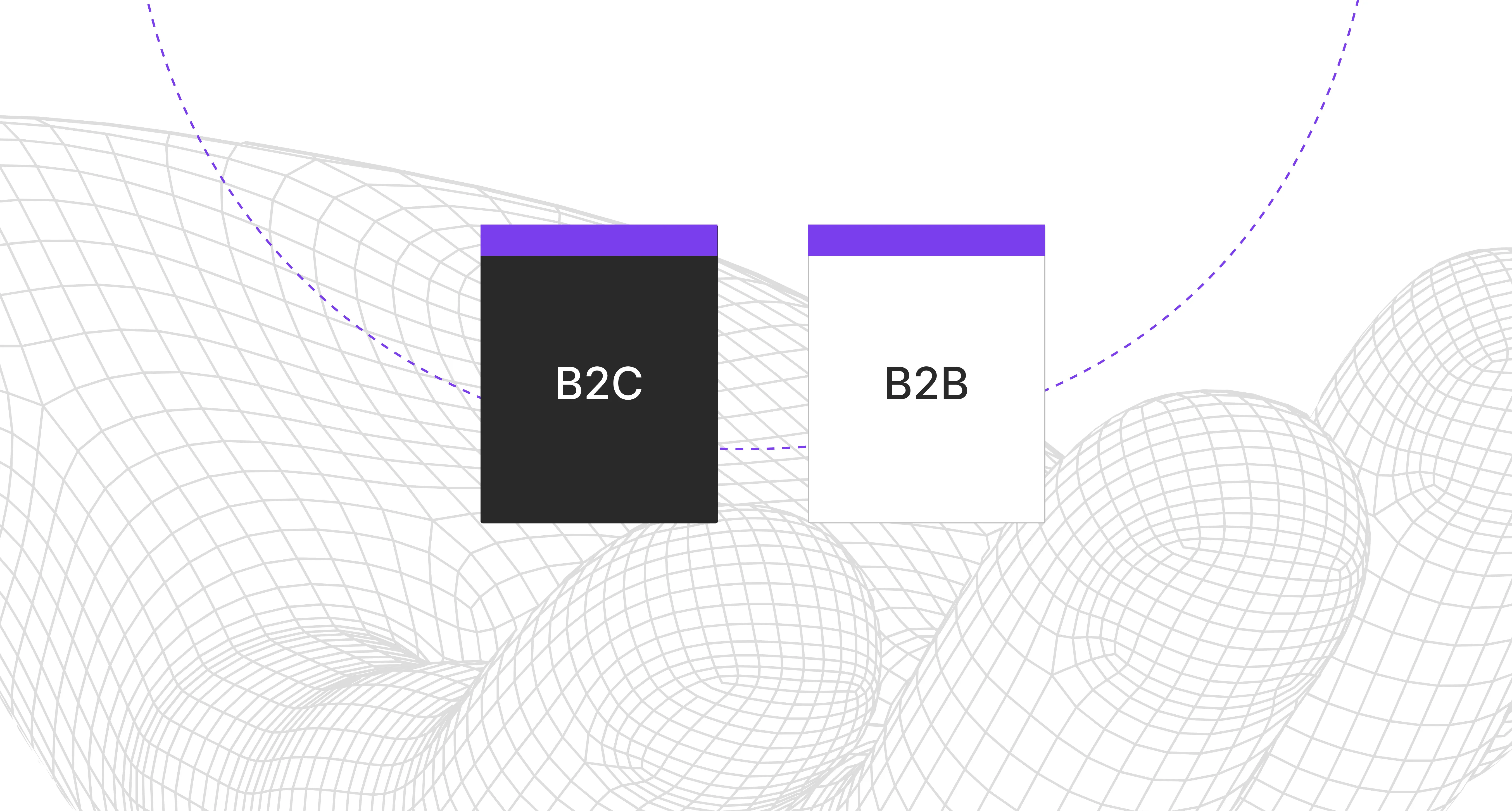


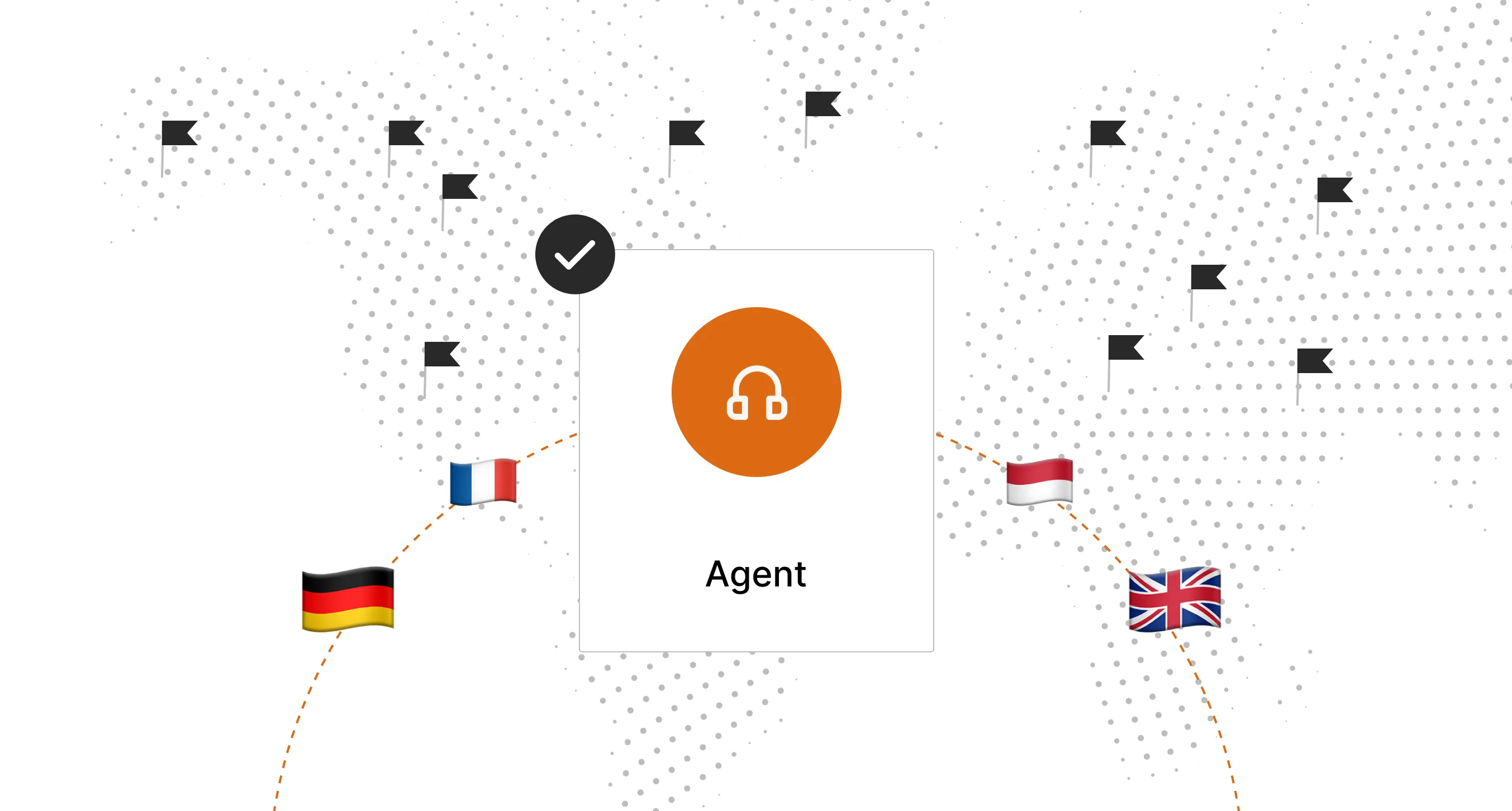




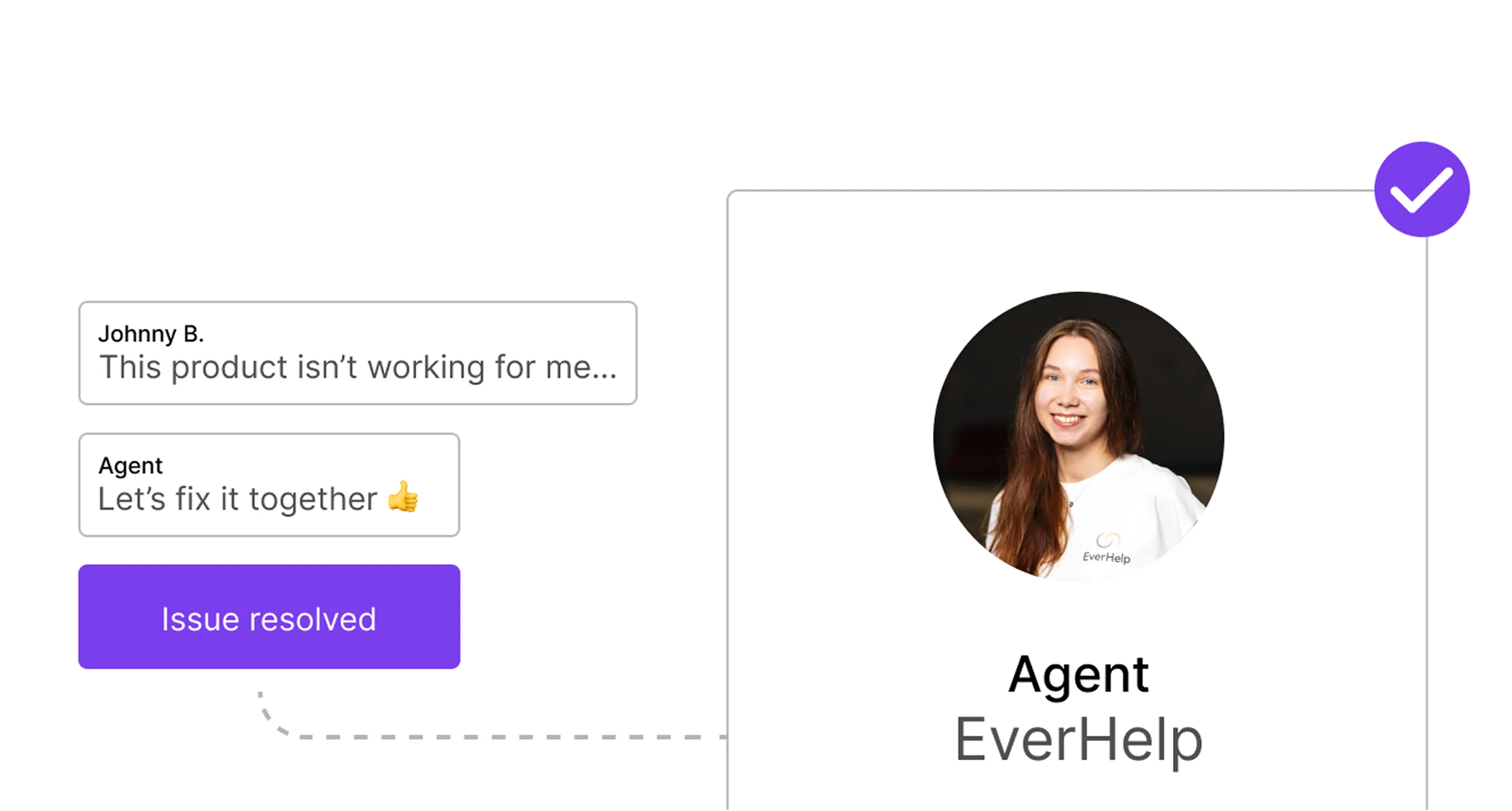




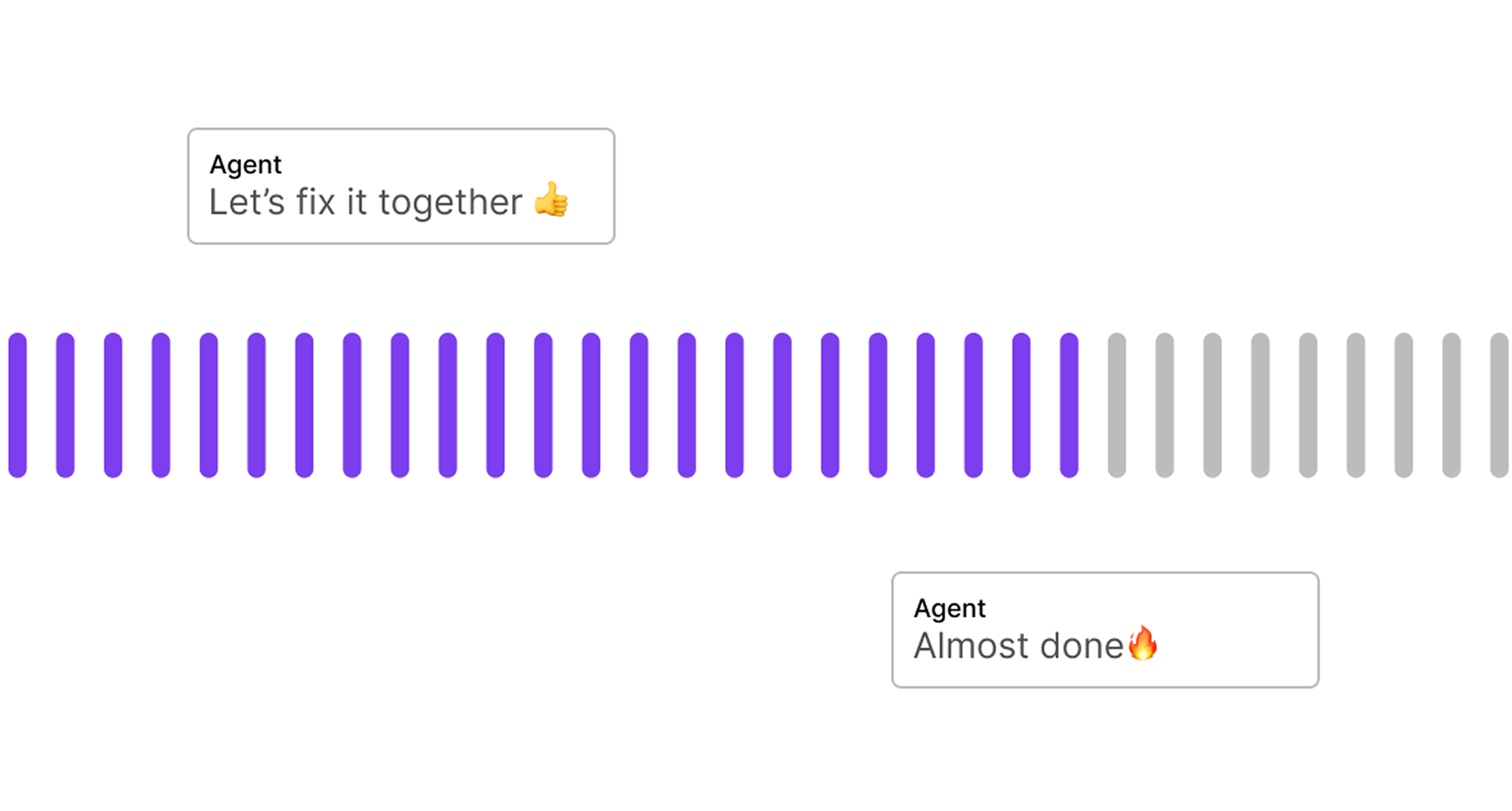



.webp)












